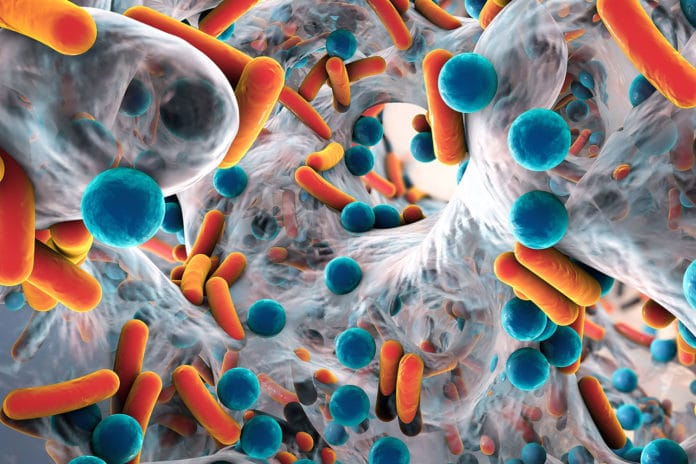Have you ever wondered why a drug that works for someone else doesn’t seem to work for you? It is still a quite mystery for scientists also why certain drugs work well in some people and are completely ineffective in others.
Recent research by Yale University researchers suggests that a person’s unique gut bacteria population could affect how different oral drugs are metabolized. The new study also measured how a number of different bacteria interact with over 200 common medications.
The most different drugs or medications are taken orally as solid tablets, capsules, and chewable tablets. Most of the time, these drugs are not completely absorbed by the body, and the remains subsequently encounter enormous numbers of microbes in our guts. This results in either heightened activity, inactivity, or even toxicity.
The researchers investigated whether and how 271 drugs are chemically modified by 76 kinds of gut bacteria from the human gut. They found that nearly two-thirds of these drugs were metabolized by at least one of the bacterial specimens, which is a strikingly high proportion, says Michael Zimmermann at Yale University.
“It is possible that we can use genes or species of bacteria to predict the capacity of an individual’s gut flora to metabolize a certain drug,” said Maria Zimmermann-Kogadeeva, a postdoctoral fellow in Goodman’s lab and co-lead author of the study. “The work is a first step in identifying biomarkers that could help doctors prescribe the drugs that are the safest and most effective for individual patients.”
Many of the genes are then identified by the researchers that enable the bacteria to metabolize the drugs. They found that the number of these genes varies widely across the gut microbial communities of healthy people. Also, in some cases, these differences explain why some people’s gut bacteria populations (microbiomes) metabolize drugs rapidly while others act on the same drugs slowly or not at all.
When microbes break down drugs, they may produce substances with unwanted side effects or that even render a drug’s active ingredient ineffective. The new study that finds our gut bacteria may affect many drugs hints at the possibility of changing our microbiomes to increase the efficacy of a drug or reduce its side effects.
“We hope this study provides a useful first step in understanding the microbiome contribution to drug metabolism,” says Michael Zimmermann, co-lead author of the study. “We think these approaches could shed light on how the gut microbiome also modulates our response to non-drug compounds, such as dietary nutrients and environmental agents.”
The new study was published in the journal Nature.
